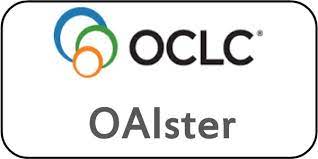Study of COVID-19 Seroprevalence Among Healthcare Workers at Dedicated COVID Hospital in Southern Rajasthan
Keywords:
Seroprevalence, COVID-19, healthcare workersAbstract
Background: Coronavirus disease 2019 (COVID-19), a pandemic, has affected approximately 90,000 healthcare workers
(HCWs) worldwide and 548 HCWs in India with an infection rate of 6%. Seroprevalence studies can provide relevant
information which is useful for assessing the level of exposure among hospital personnel, to avoid unnecessary quarantines
and for healthcare resource planning. Aims and objectives: Study of COVID-19 seroprevalence, clinical profile and outcomes
among HCWs working at a dedicated COVID hospital in southern Rajasthan. Material and methods: It was a cross-sectional
study conducted among 100 HCWs posted in various wards of dedicated COVID hospital at the RNT Medical College,
Udaipur, Rajasthan, India, over a period of 2 months from April 2020 to May 2020. Results: Out of 100 HCWs, 68% were
male and 32% were female with mean age 31.90 years and 16% had seropositive response. Majority, i.e., 81% seropositive
HCWs were asymptomatic and all had good outcome (discharged). Conclusion: It is advisable that this high-risk population
of HCWs should follow infection prevention and control (IPC) protocol as well as institutional quarantine protocol, screening
and training at timely interval to protect themselves.
Downloads
Published
Issue
Section
License
All open access articles published in IJCP are distributed under the terms of the CC BY-NC 4.0 license (Creative Commons Attribution-Non-Commercial 4.0 International Public License). This license permits unrestricted use, distribution, and reproduction of the articles in any medium for non-commercial purposes, provided that: The original authorship is properly and fully attributed. The IJCP is cited as the original place of publication with correct citation details. If an original work is reproduced or disseminated in part or as a derivative work, this must be clearly indicated. No articles are reproduced for commercial use without prior consent from the IJCP. All licensing requests and permissions for commercial use will be managed by the Publisher.










